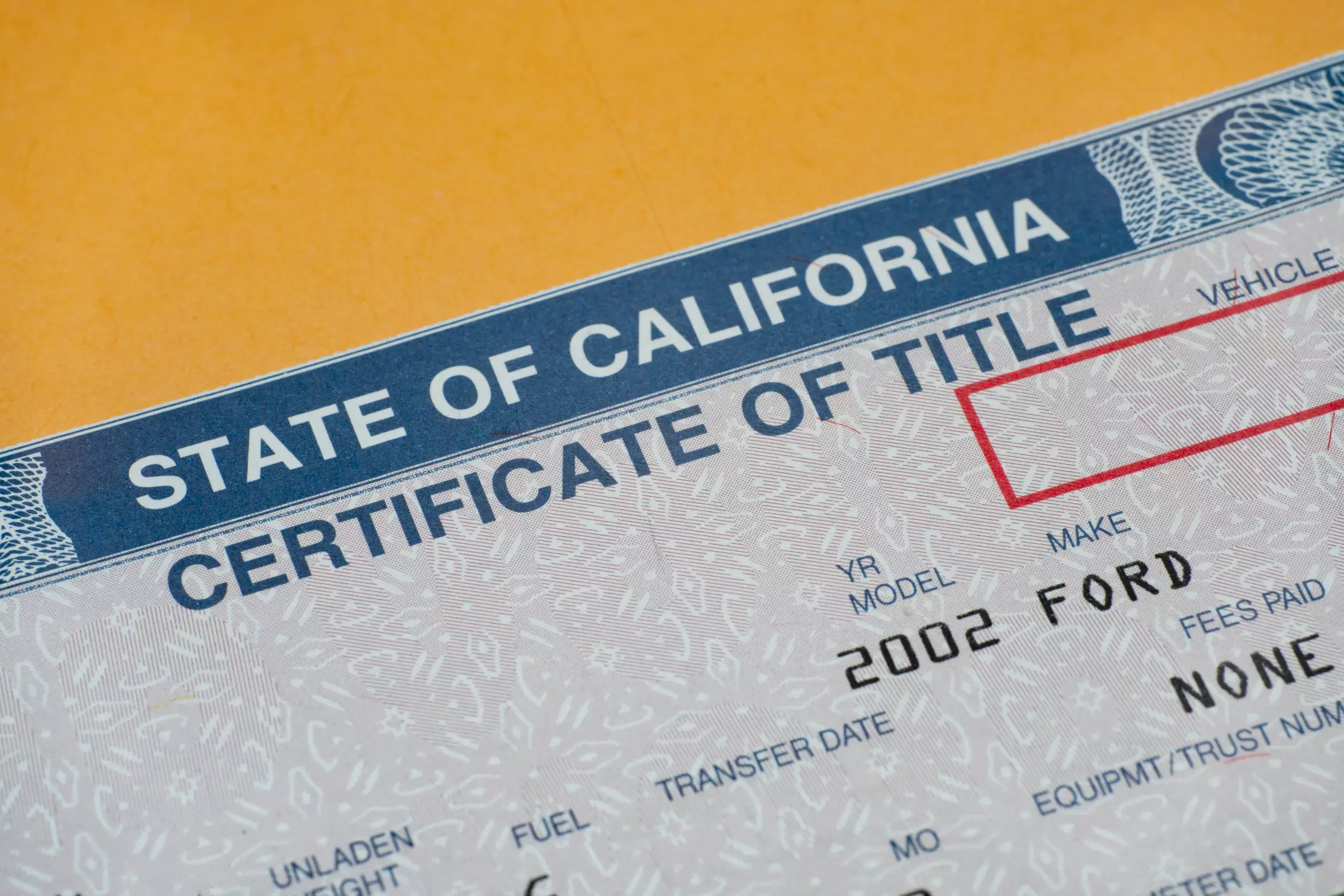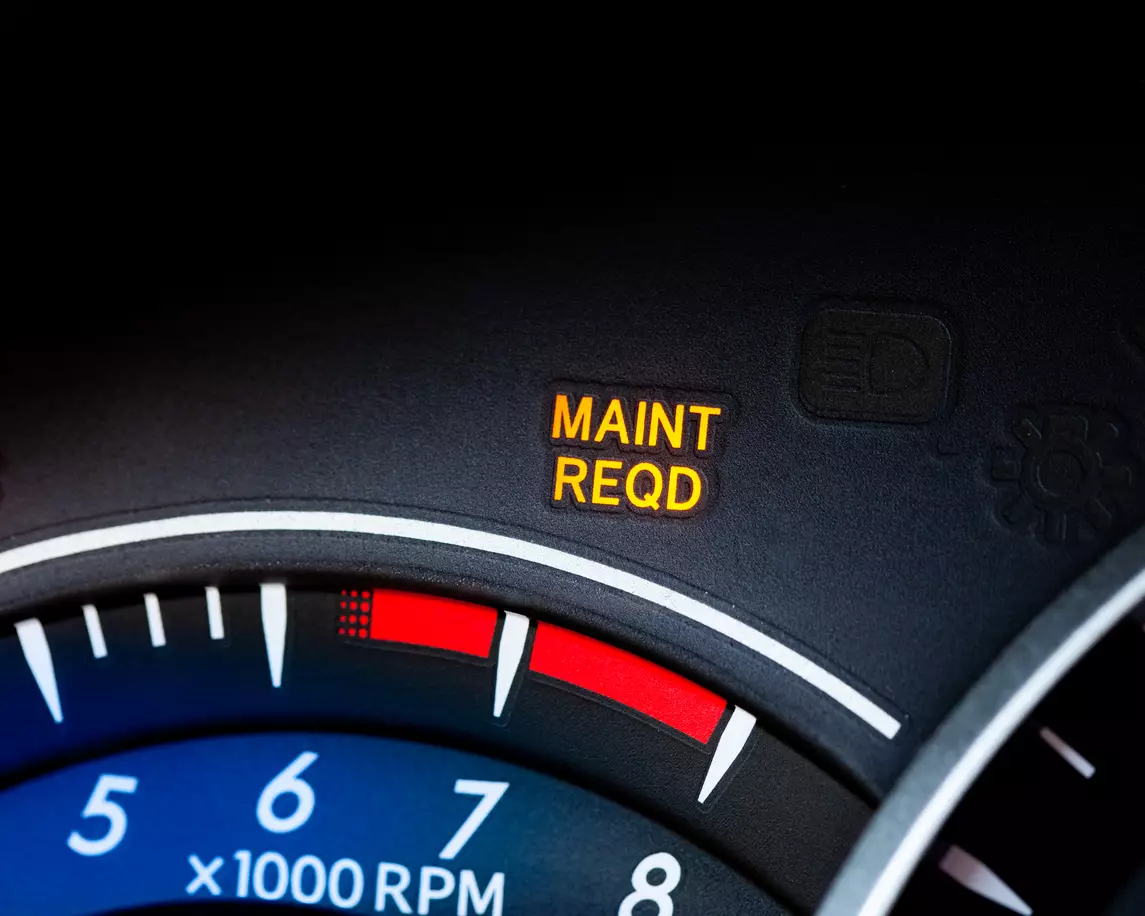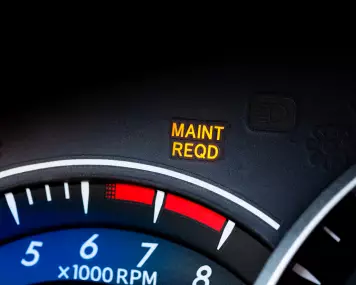When you buy a vehicle in the United States, you will be required to sign several documents. Among these papers is the car title, which is a formal document that legally transfers ownership of the car to you. Whether you are buying a new or used vehicle from a private citizen or dealer, you will receive a title that makes you the legal owner of the car.
However, buying a car without a title is possible. Note that doing so may lead to serious risks and legal complications. The rules surrounding such purchases vary by state, and buyers are advised to proceed with caution in such a situation. Understanding the role of a title and the challenges of a no-title car purchase is essential for protecting your rights and avoiding future problems.
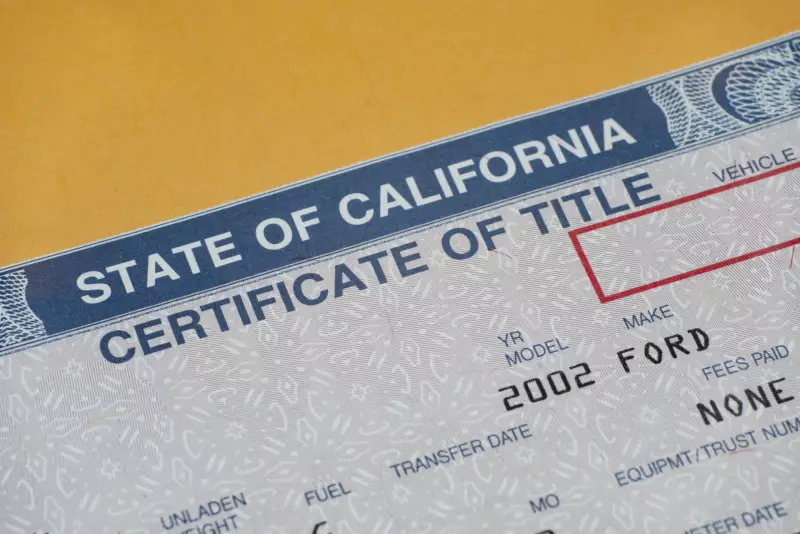
What Is a Car Title and Why Is It Important?
A car title is an important vehicle documentation that legally affirms your ownership of a vehicle. It is typically issued by a Department of Motor Vehicles, Bureau of Motor Vehicles, or other similar agency. The document includes important information such as the Vehicle Identification Number, the vehicle owner's name, and any lien information if the car is financed. A car title is required to register the vehicle, sell it legally, or transfer ownership of the car. Without it, you may face legal and financial complications when trying to use or sell the car.
Is It Legal to Buy a Car Without a Title?
The question “Can you buy a car without a title?” depends mainly on state laws and the specific situation at hand. In general, while it is not illegal to buy a car without a title, doing so comes with certain risks. Some states allow the purchase of vehicles without a title under certain conditions, especially for project cars, vintage vehicles, or abandoned cars.
However, without a valid title, proving ownership or registering the vehicle may be difficult. In many cases, buyers may need to apply for a bonded title or go through a legal title recovery process. Hence, while the answer to “Is it legal to buy a car without a title?” is sometimes yes, it is important to be aware of the local car title regulations that apply in your jurisdiction and understand the potential complications involved.
Risks of Buying a Car Without a Title
Buying a car without a title carries several risks that may impact your ability to use, register, or legally sell the vehicle. For instance, if law enforcement discovers that the vehicle was reported stolen, it may be seized. Consequently, you may lose both the car and the money paid for the purchase. Some of the risks involved with purchasing cars with no titles are discussed below.
Hidden Liens or Theft
A vehicle without a title may still have a lien on it, meaning a bank or lender could have a legal claim to it. Worse still, it may have been stolen and reported missing by the owner. If you buy such a car, the lienholder may repossess it or demand payment before you can claim full ownership, or you may face legal issues when trying to register it with the DMV.
No License Plates, Registration, or Financing
Most states require a valid title to register a vehicle or obtain license plates. Without registration, you cannot legally drive a car. Additionally, lenders typically will not finance a vehicle without a clear title, making it harder to secure a loan.
Difficulty Reselling
Reselling a car without a title is challenging. Most buyers and dealers will not purchase a vehicle unless the title is clear and in your name. This may severely reduce the car’s market value and limit your options.
Time-Consuming and Costly Title Recovery
If you attempt to recover or replace a missing title, you may face a long and complex process. Some states allow you to apply for a bonded title, but it often requires paperwork, waiting periods, and added costs.
Exposure to Enforcement Actions
Driving or owning a vehicle without a proper title and registration may violate local laws. You could face fines, vehicle impoundment, or other legal penalties, especially if the car’s history raises questions.
What To Do If the Seller Doesn’t Have a Title
It is important to take serious steps to protect yourself from legal and financial problems when buying a car without a title. Since a no-title car purchase may be risky, you should first verify that the seller is the rightful owner before proceeding with a transaction. To verify this, you may ask for a government-issued ID and compare it with any previous registration documents.
After, request a vehicle bill of sale that includes the names of the buyer and seller, the date of transaction, the Vehicle Identification Number, and the agreed price. While a bill of sale is not a replacement for a title, it is useful in documenting the transfer of ownership.
Before completing the purchase, run a VIN check through the state's DMV if it offers such a service or a trusted third-party VIN check service. Taking this step helps you confirm whether the vehicle is stolen, has outstanding liens, or has a salvage status.
However, if the car seller has lost the title, you may ask that they apply for a duplicate car title via the local DMV office. In most jurisdictions, vehicle owners may request a replacement title by completing a form and paying a nominal fee.
Upon completing these steps, you may check your state DMV website or contact them by phone to request the requirements applicable for the registration of a car with no title. Some jurisdictions allow you to apply for a bonded title or follow a special process for abandoned or vintage vehicles.

How To Register a Car Without a Title
Registering a car without a title can be a complex process, as the state will carry out every necessary action to verify that no title exists for the vehicle and that there are no fraudulent actions involved. Before undertaking the process, it is important that you check with the state DMV to understand their specific requirements, procedures, and estimated timelines for completing the registration process for a vehicle with no title.
In most instances, you may be required to prove ownership through documents, including a bill of sale, VIN inspection, or old registration records. However, if the title has been lost and the car seller cannot replace it, you may need to go through a title recovery process or apply for a bonded title.
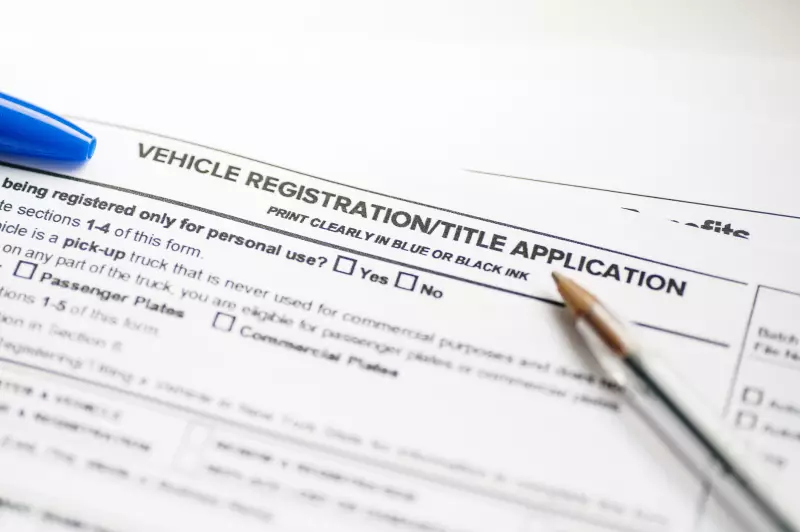
What Is a Bonded Title?
A bonded title is a special type of title issued when the original title is missing and the ownership of the vehicle cannot be completely proven via standard documents. It is also called a Certificate of Title Surety Bond because the document is backed by a surety bond that protects against future claims from a person (such as a previous owner or lienholder) who may have legal rights to the vehicle. A bonded title is typically used in cases of private sales where an original title is not available but the buyer is able to show good faith ownership, such as a bill of sale or other supporting documents.
Note that some states may require the car buyer to purchase a surety bond equal to up to twice the vehicle value, complete specific forms including affidavits, pay applicable fees, and wait a specific period before they may be recognized as the legitimate owner of the vehicle.
Once the application is approved by the DMV, the agency will issue a bonded title, which works like a regular title but includes a note that it is secured by a bond for a set number of years. Many states in the United States require the buyer to hold the bond for up to four years, after which they may apply for a non-bonded title if no claims arise.
Finally, buying a car without a title can be risky, but it is not always impossible. If you take the right precautions, such as verifying ownership, obtaining a bill of sale, and checking the vehicle’s history, you may be able to reduce the chances of legal or financial issues that may arise. Also, understanding your state’s laws and being prepared for additional steps like bonded title applications may help you navigate the process more smoothly. Still, having a valid title is the safest and most straightforward way to secure and prove your legal rights as a vehicle owner.


